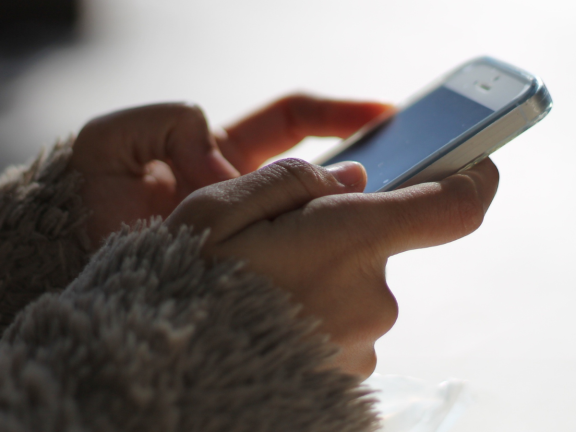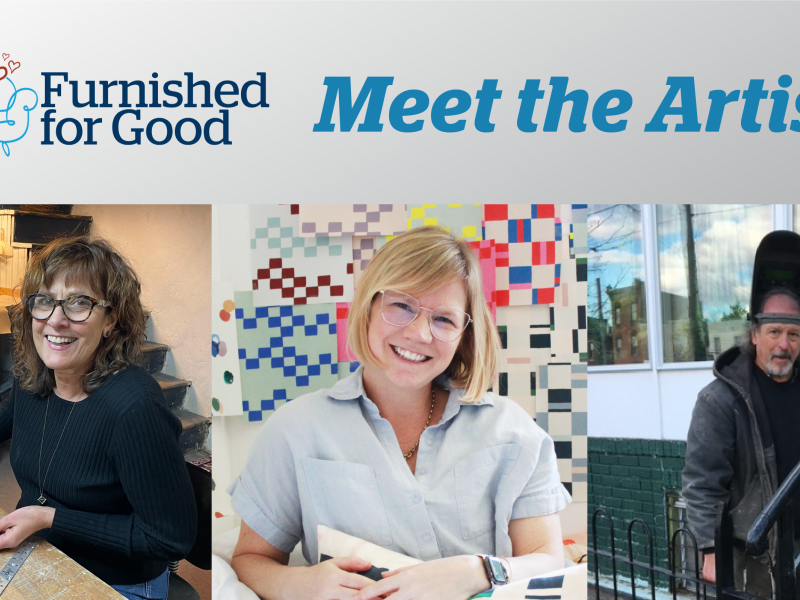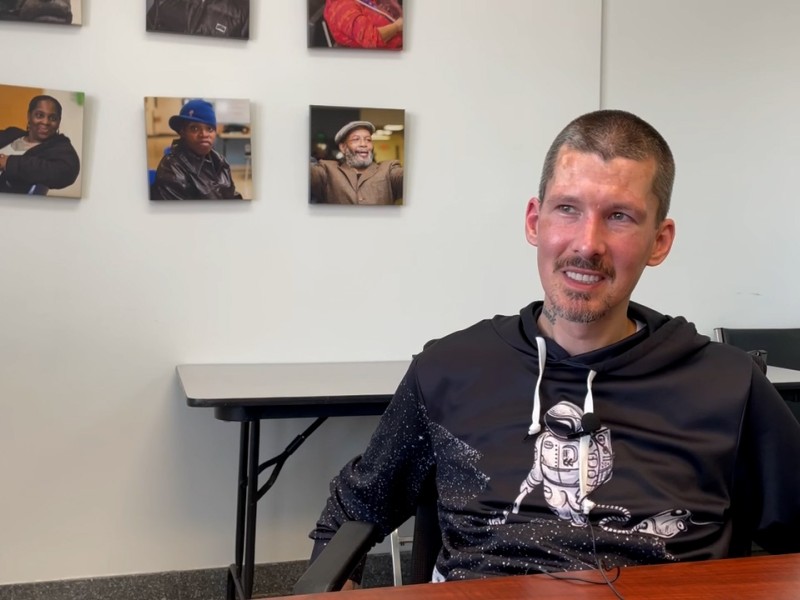Stop telling people NOT to call 988!

Last month, the National Suicide Prevention Lifeline finalized its transition to a new, easy to memorize, three-digit number (988), connecting individuals all over the United States to trained crisis counselors on demand. While the original hotline has been operational since 2005, the national roll-out of 988, meant to increase ease of access to suicide and crisis support, was met with mixed responses from mental health advocates and harm reductionists.
Overnight, infographics began circulating on social media delegitimizing the crisis line as a valuable and important resource. These posts suggested that any interaction with a crisis team would involve police and could force callers into being hospitalized and medicated against their will. While this type of response has certainly been the experience of many individuals, the framing of this scenario as representative of the crisis line’s services was extremely alarming. Deterring individuals from utilizing this life-saving resource is misguided, at best, but with potentially disastrous consequences. It is, in fact, reminiscent of the way some encouraged suspicion of vaccines during a ravenous pandemic. The crisis hotline is not going to eradicate mental illness, just as a vaccine won’t eradicate COVID-19. These things are, instead, tools to reduce potential harm.
One point that has been particularly misleading is the level to which police are involved in crisis response. While most crisis teams are government funded, either directly or through contracted agencies, the way that crisis teams interact with police varies by city and state. Using the crisis line will, undoubtedly, put people in some proximity to police; however, this is the case with any sort of governmental assistance. If the reasoning behind telling people not to use the crisis line as a resource is primarily centered around police involvement, then reason would stand that we should also discourage the use of government assistance programs, including food stamps, Medicare/Medicaid, and housing vouchers. These programs, meant to help those in need, still involve an inherently problematic level of bureaucracy and invasion of privacy— deeming individuals worthy or not worthy of assistance by policing how we spend our money, time, and resources.
The support of friends, family, loved ones, and community are strong protective factors for those experiencing suicidality. But not everyone can rely on these supports, especially those with marginalized identities. In talking about a crisis line, we’re talking about saving lives, and sometimes a crisis line can do just that. It is possible to have honest and direct conversations while practicing informed consent about the potential risks of utilizing 988. But we should not prevent or discourage people from contacting the crisis line should they feel they are a danger to themselves or others. In considering the ethics of behavioral healthcare and human services work, the protection of human life and survival is paramount. Simply put, individuals can’t practice self-determination if they’re no longer alive.
Please know that 988 is a valid resource if you or someone you know is in crisis. And there are good things happening in crisis prevention work. Here in Philadelphia, we now have a round-the-clock Crisis Intervention Response Team (CIRT), trained to appropriately address crises without police involvement. Simultaneously, we’ve seen positive responses to advocacy efforts aimed at including therapeutic staff in call centers, which can help to distinguish mental health crises from other calls. There is work being done, even if it seems invisible. We know the suffering of those living with mental illness and addiction is also often invisible, or worse, ignored. The crisis line is a valid option for intervention. Use it if you need to. Helping people to survive, especially those that society has deemed disposable— individuals experiencing mental illness, substance use disorders, disability, poverty, trauma, and other adversities—is both a radical and loving act.


